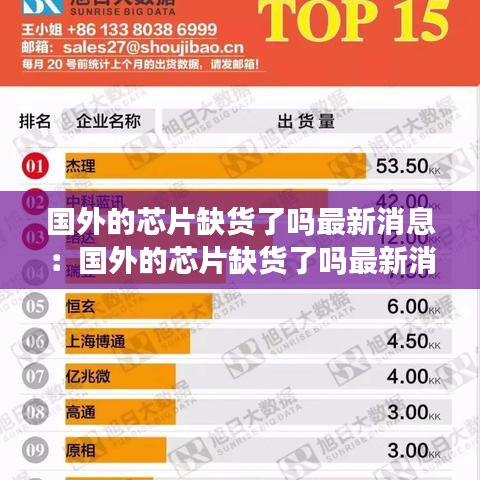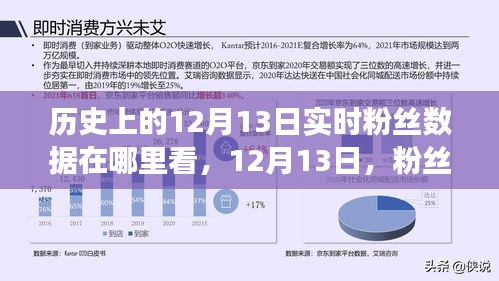<!DOCTYPE html>
<html lang="en">
<head>
<meta charset="UTF-8">
<meta name="viewport" content="width=device-width, initial-scale=1.0">
<title>Latest News on Global Chip Shortage</title>
</head>
<body>
<h1>Latest News on Global Chip Shortage</h1>
<h2>Overview of the Global Chip Shortage</h2>
<p>
The global semiconductor shortage has been a topic of intense discussion in recent months, affecting a wide range of industries from automotive to consumer electronics. The root causes of this shortage are multifaceted, including supply chain disruptions, increased demand, and production challenges within the semiconductor industry.
</p>
<h2>Supply Chain Disruptions and COVID-19 Impact</h2>
<p>
The COVID-19 pandemic has had a profound impact on global supply chains, with lockdowns and social distancing measures leading to production halts and logistical challenges. Semiconductor manufacturing, which relies on a complex web of suppliers and manufacturers, has been particularly vulnerable. As a result, many companies have reported delays in production and increased costs.
</p>
<h2>Increased Demand and the Consumer Electronics Boom</h2>
<p>
In addition to the pandemic's impact, the surge in demand for consumer electronics has played a significant role in the chip shortage. The rise of smartphones, gaming consoles, and home office equipment has driven up the demand for chips, outpacing the industry's ability to produce them. This has created a situation where manufacturers are struggling to keep up with orders.
</p>
<h2>Automotive Industry's Woes</h2>
<p>
The automotive industry has been among the hardest hit by the chip shortage. Cars are increasingly equipped with advanced electronic systems that rely on a significant number of chips. The shortage has led to production delays and has impacted vehicle availability, with some manufacturers reporting reductions in output by up to 50% in certain models.
</p>
<h2>Government Interventions and Industry Collaboration</h2>
<p>
In response to the crisis, governments around the world have started to intervene to stabilize the supply chain. Some countries have announced plans to invest in semiconductor manufacturing facilities, while others are seeking to diversify their supply chains to reduce dependence on a single source. Industry collaboration is also key, with companies working together to improve production efficiency and increase capacity.
</p>
<h2>Efforts to Increase Production Capacity</h2>
<p>
To address the production shortfall, semiconductor manufacturers are investing heavily in expanding their production capacity. This includes building new factories, upgrading existing facilities, and adopting more advanced manufacturing technologies. While these efforts will take time to yield results, they are crucial for alleviating the current shortage.
</p>
<h2>Impact on Consumers and Future Outlook</h2>
<p>
The chip shortage is having a tangible impact on consumers, with prices of electronic devices rising and availability decreasing. In the short term, this could lead to a temporary reduction in consumer spending on electronics. However, the long-term outlook is positive, as the industry adapts to the challenges and continues to innovate.
</p>
<h2>Recent Developments and Market Analysis</h2>
<p>
According to the latest market analysis, the global semiconductor industry is expected to see a significant growth in the coming years. This growth is driven by the increasing demand for chips in various sectors, including automotive, healthcare, and IoT devices. However, the current shortage is likely to persist until the end of 2021, with some experts predicting it could last well into 2022.
</p>
<h2>Conclusion</h2>
<p>
The global chip shortage has become a major concern for businesses and consumers alike. While the situation is challenging, there are steps being taken to address the root causes of the shortage. With increased investment in production capacity and government support, the industry is working towards a more stable supply chain. As the world continues to recover from the COVID-19 pandemic, the semiconductor industry's resilience and ability to adapt will be crucial in meeting the growing demand for chips in all sectors.
</p>
</body>
</html>转载请注明来自关于江西北定建设工程有限公司,本文标题:《国外的芯片缺货了吗最新消息:国外的芯片缺货了吗最新消息今天 》












 赣ICP备2021007627号-1
赣ICP备2021007627号-1
还没有评论,来说两句吧...